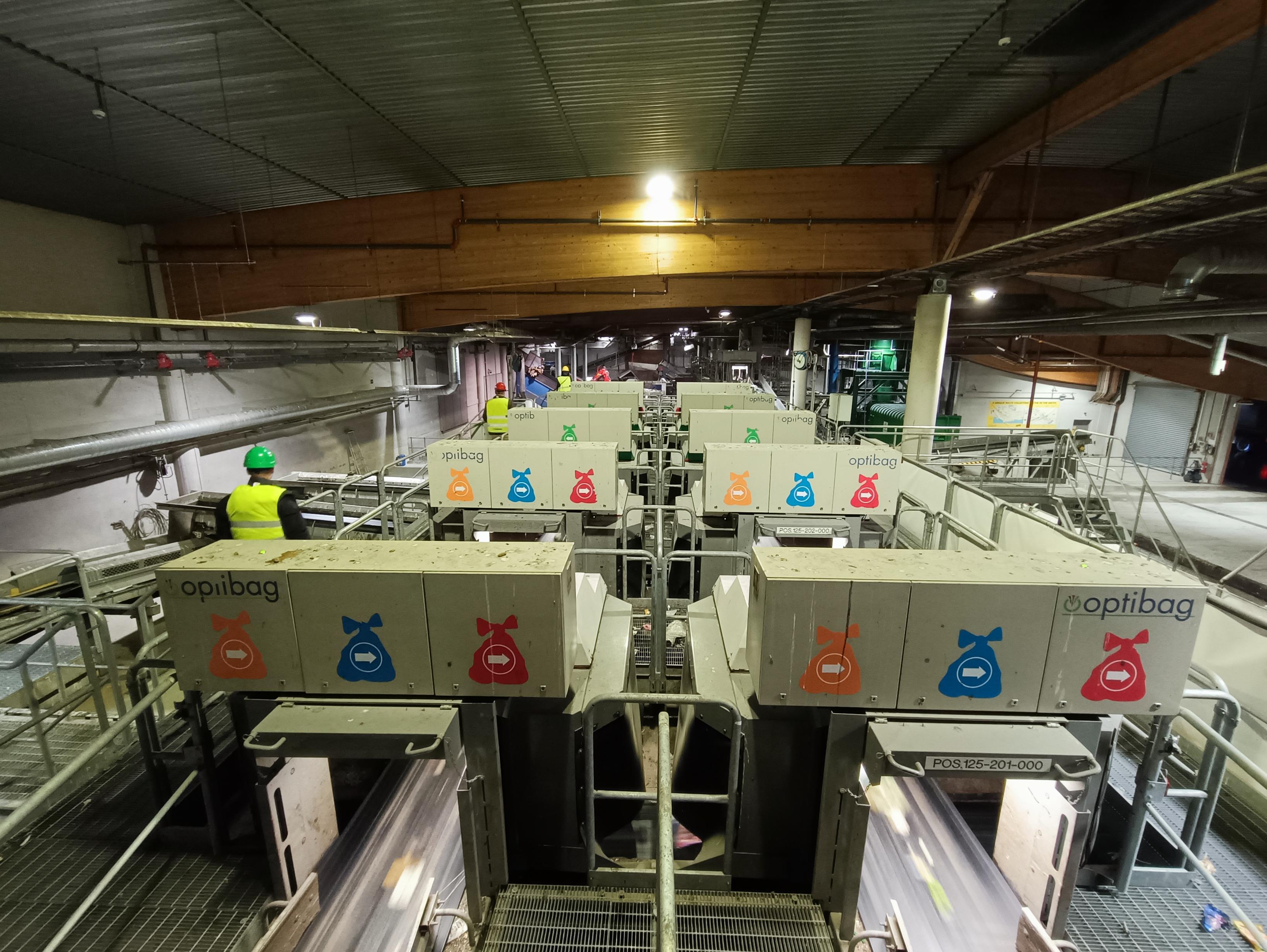Companies involved in waste management in the Arctic have always had to deal with harsh weather, long distances, and small markets. The green shift is forcing increased collaboration on innovative solutions for sustainable waste management, including incineration, reuse, recycling, and energy use. The industry is therefore looking for solutions to scale up to reach a critical mass in waste management that can be profitable.
Through the projects WANO (Waste Management in the High North) and ReCoWaMa (Research Collaboration between Industry and Research Environments in Waste Management), researchers have studied existing waste management systems. Together with industry partners, they have discussed what is needed to achieve profitable and sustainable cross-border cooperation.
– The WANO and ReCoWaMa projects have established a well-functioning dialogue and relationship between NORCE, northern Norwegian waste management companies, and stakeholders regionally, nationally, and internationally. It has been gratifying to see that the findings from knowledge-based research on waste management at NORCE, as well as the networking work in the WANO and ReCoWaMa projects, have been well received in Northern Norway, explains project manager Jukka Tapani Teräs at NORCE.







